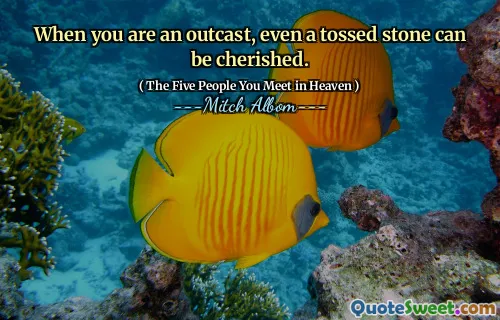
The world will praise you one moment and defame you the next. So why should we care for praise or defamation?
This quote highlights the transient nature of external validation and the often unpredictable judgments of society. In our pursuit of success, recognition, or approval, we tend to tie our happiness and self-worth to how others perceive us. However, this constant need for validation can lead to a fragile sense of self that is heavily dependent on external factors. When applause turns into criticism, it can be disheartening and destabilizing. Yet, the core insight here is that relying on praise or fearing defamation is ultimately futile because these judgments are outside our control and are often fleeting.
True stability and peace come when one cultivates inner resilience, focusing on personal values and self-acceptance rather than external acknowledgment. If we care too much about external praise, we may unwittingly compromise our integrity or compromise our authentic self to please others. Conversely, fearing defamation can lead to anxiety, inaction, or over-caution, which stifles growth and authenticity.
Understanding that praise and blame are transient states can free us to pursue our path with genuine intent. It encourages us to develop an internal sense of worth that remains unaffected by external circumstances. This attitude fosters emotional maturity, patience, and resilience, enabling us to navigate life's challenges with grace. Ultimately, liberation comes from aligning our self-esteem with our inner values rather than external validation. In doing so, we attain a sense of peace that remains unshaken by societal shifts.
As the quote suggests, when we detach our happiness from praise or defamation, we step into a more authentic, liberated way of living, rooted in self-awareness and internal strength.






